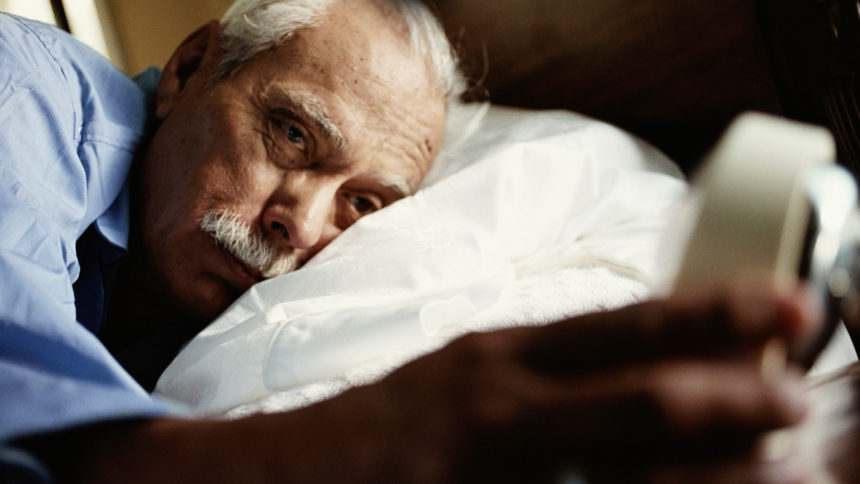
Bedtime preferences are linked to daily physical activity levels in people in whom type 2 diabetes has been diagnosed, a new study has found. A shift in sleep habits could change their health prognoses for the better, investigators say.
The study examined 635 participants with type 2 diabetes. Each wore an accelerometer for seven days and recorded the intensity and time of sleep, rest and overall physical activity.
Participants who went to bed late and got up late were found to exercise 56% less than their early bird counterparts, said Joseph Henson, Ph.D., from the University of Leicester, Leicester, England. These “evening chronotypes” (average bedtime of 12:30 a.m.) had an excessively sedentary lifestyle characterized by low levels of physical activity at low intensity, the investigators reported. This lifestyle puts their health at greater risk than people who go to bed earlier (average bedtime of 10:52 p.m.) and get up earlier, they said.
“There is a massive need for large-scale interventions to help people with diabetes initiate, maintain and achieve the benefits of an active lifestyle,” argued Henson, a cardio-metabolic health scientist. “For people who prefer to go to bed later and get up later, this is even more important,” he added.
Henson’s colleague Alex Rowlands, Ph.D., from the University of South Australia, in Adelaide, Australia, concurred: “The link between later sleep times and physical activity is clear: go to bed late and you’re less likely to be active,” he said. “[T]hese findings provide an opportunity to change your lifestyle for the better, simply by adjusting your bedtime. For someone with diabetes, this is valuable information that could help get them back on a path to good health.”
The study was published in BMJ Open Diabetes Research & Care.




